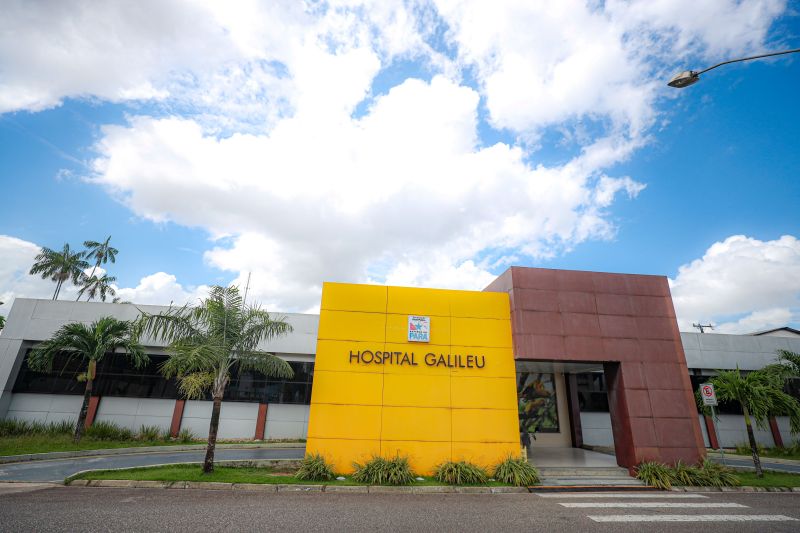Erectile dysfunction: urologist from Hospital Galileu warns about physical and emotional causes
Doctor Gilflávio Normandes notes that diabetes, obesity, smoking, and cardiovascular diseases are among the causes of sexual impotence
In popular imagination, erectile dysfunction still carries the weight of taboo and silence. But in clinical practice, it frequently presents itself and reveals more than just a sexual issue: it can be a symptom of cardiovascular, hormonal, or psychological diseases. For urologist Gilflávio Normandes from the Galileu State Public Hospital (HPEG) - a unit of the Government of the State of Pará - it is necessary to talk about the problem openly and integratively, especially within the public health system.
“The main physical causes we observe involve diabetes, hypertension, obesity, smoking, cardiovascular diseases, and the use of certain medications. In the psychological field, there is a predominance of performance anxiety, chronic stress, depression, and marital conflicts,” says the doctor. In many cases, Gilflávio observes that these factors overlap, requiring a multidisciplinary approach.
Diagnosis
The first step in diagnosing erectile dysfunction is medical listening. “During the consultation, we conduct a detailed anamnesis and physical examination. We assess health history, lifestyle habits, and the impact of dysfunction on the patient's life,” explains Normandes.
Laboratory tests include testosterone, prolactin, TSH, blood glucose, and lipid profile measurements. Despite seeming like a delicate topic, the doctor emphasizes that the Unified Health System (SUS) already offers effective treatment pathways. “Access generally starts with primary care, which refers the patient to urology outpatient regulation,” he clarifies.
Among the therapeutic options available in SUS are lifestyle changes, oral medications (such as sildenafil, when available), and psychological support in partnership with mental health services. “Psychotherapy is essential in many cases. Erectile dysfunction is not just physical; it is also emotional and relational,” he says.
Severe and irreversible cases, such as those related to prostate cancer or advanced diabetes, may require penile implants — a highly complex procedure. “This type of intervention is offered in SUS at reference hospitals, but it is not performed at Hospital Galileu,” highlights the specialist.
Technological innovations
Among the most discussed innovations is low-intensity shock wave therapy, indicated for mild to moderate erectile dysfunction of vascular origin. Despite its promising potential, the procedure is still not available at Galileu. “Discussions are ongoing about the inclusion of this technology in SUS as studies progress and access to the equipment improves,” he points out.
Breaking the taboo
For the urologist, the biggest challenge still lies in the initial barrier: prejudice and shame. “Erectile dysfunction is not a sentence. It can be the first sign that something more serious is happening in the body,” he warns. Therefore, the recommendation is clear: seeking help is an act of self-care.
“Taking care of sexual health is taking care of health as a whole. SUS has professionals prepared to welcome with respect and confidentiality. Don’t wait,” concludes the specialist.










